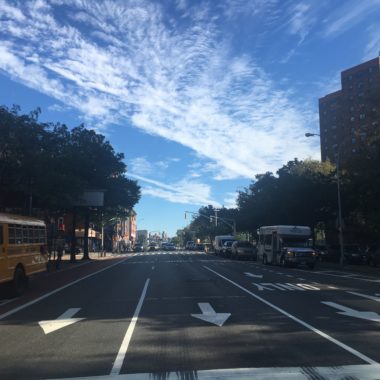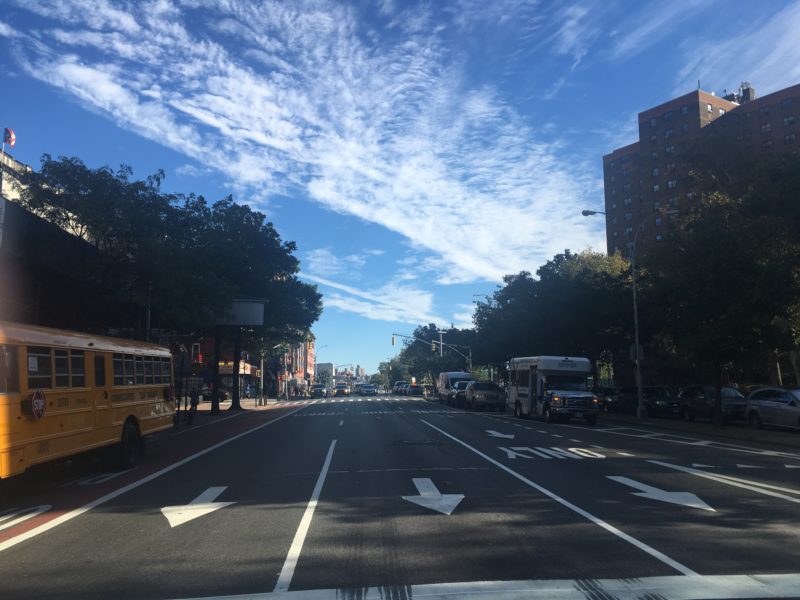By Yasemin Sim Esmen
On October 2 the New York City Planning Commission approved an East Harlem rezoning project that allows for new condos to be built up to 30 floors high, with enough space in front of them for sidewalk cafes and art and entertainment spaces.
In addition, the Metropolitan Transportation Authority (MTA) has developed plans to extend the Second Avenue subway line until East 125th Street, making the area more accessible. Some of Harlem’s long-time residents are concerned that affordable housing opportunities will be limited in the area after the rezoning and subway extension are in place.

“There have been people that have been speculating and investing in that area,” said Citi Habitats real estate broker Mark Benson. “They will be artificially raising the prices. Even if they sit on it and sell ten, twenty years from now, they will still be making a profit.”
Yorkville, located south of East Harlem below 96th Street, has already seen some major hikes in its real estate prices. According to a 2015 report by Miller Samuel Real Estate Appraisers and Consultants, the average price per square foot was $992 for co-ops and $1,359 for condos. Today, Streeteasy.com quotes the average price per square foot in Yorkville to be $1,389.
Meanwhile, The Miller Samuel 2015 report states Harlem/East Harlem co-op and condo prices were $839 per square foot. Today, Streeteasy.com lists $1,073 per square foot in East Harlem.
Nancy Liu, who has been living in East Harlem’s southern neighbor Yorkville for 20 years, said that she remembers people shoving each other and shouting obscenities in front of her 95th Street commercial space before Yorkville had started changing and the school opened across the street two years ago. She has conflicting feelings about the proposed rezoning project in East Harlem. “It will enlighten the neighborhood but I am torn because I care about the people who need housing,” she said.
“In Yorkville, 5 years ago, some people were leaving because of the noise, the dust,” said Benson. “Values in Yorkville have gone up twenty, thirty, forty percent. The average person cannot afford these.”
